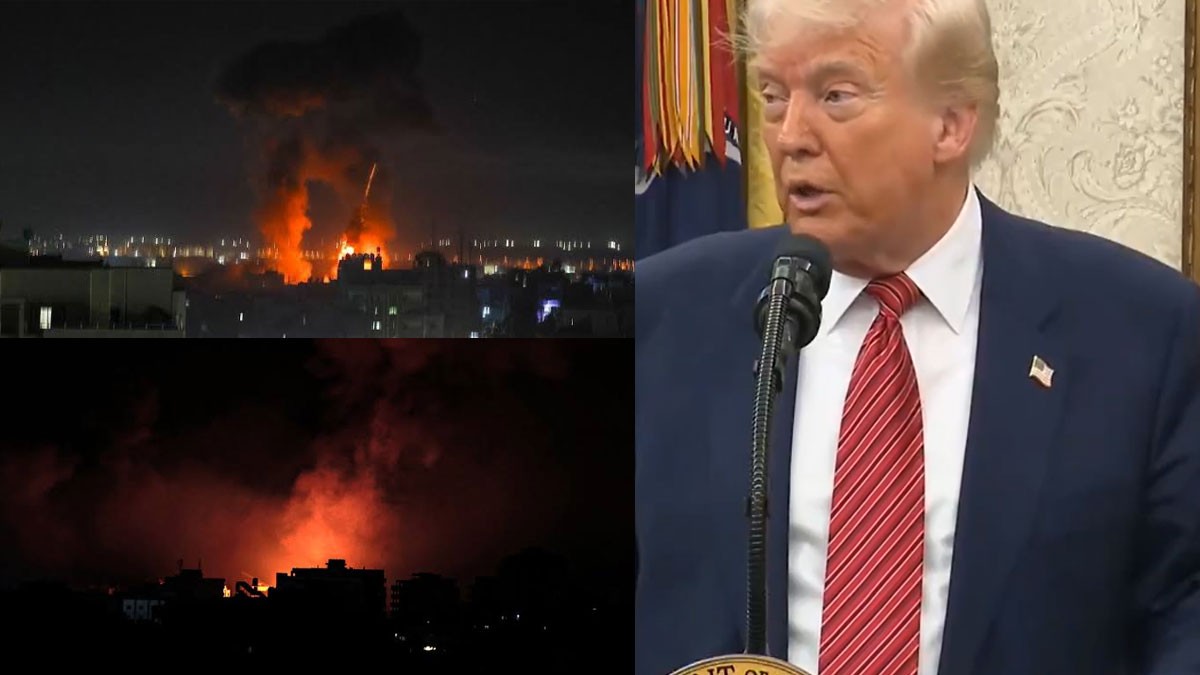
Amid escalating tensions between India and Pakistan following Operation Sindoor, US President Donald Trump has urged both nations to seek peace and de-escalate the conflict. Speaking at the White House, Trump expressed concern over the situation, stating, "It is so terrible. I get along with both. I know both very well. I want to see them work it out, I want to see them stop. Hopefully, they can stop now. They have done tit for tat." His comments underscore the growing international focus on the volatile security situation in South Asia, where both nuclear-armed nations have engaged in strategic military actions.
Trump's remarks follow India's precision airstrikes against terror camps in Pakistan and Pakistan-occupied Kashmir (PoK), which were carried out in retaliation for the April 22 Pahalgam terrorist attack. The operation targeted nine locations, including Sialkot, Bahawalpur, and Muridke, aiming to neutralize terrorist infrastructure linked to Jaish-e-Mohammed (JeM), Lashkar-e-Taiba (LeT), and Hizbul Mujahideen (HM). While India maintains that the strikes were aimed solely at terrorist networks, Pakistan has yet to issue an official statement, though reports suggest military activity along the border has increased.
The US administration has previously offered to mediate between India and Pakistan, though both nations have historically preferred bilateral negotiations over external involvement. Trump's statement indicates a continued American interest in maintaining stability in the region while urging restraint from both sides. While some analysts view his remarks as a diplomatic effort, others see them as a reflection of Washington’s cautious stance toward an increasingly unpredictable situation. With both countries holding firm on their respective positions, achieving lasting peace remains uncertain.
As global observers closely monitor developments, the future of India-Pakistan relations remains at a crossroads. Whether Trump's call for de-escalation will influence the course of events is yet to be seen. However, his comments highlight the global significance of the crisis and the urgent need for diplomatic solutions. Both nations must navigate the aftermath of the strikes while balancing national security concerns with growing international pressure for resolution. The coming days will be crucial in determining the next steps for both India and Pakistan in their pursuit of regional stability.
